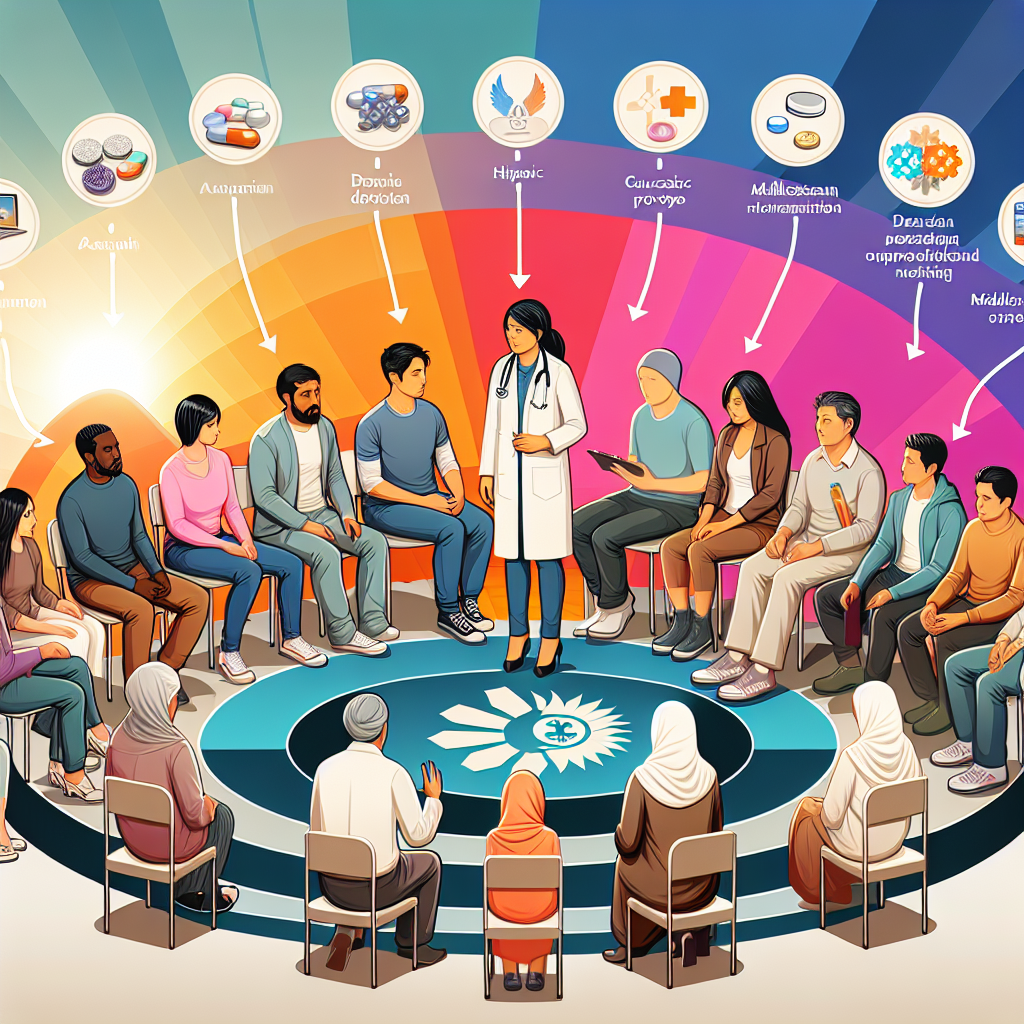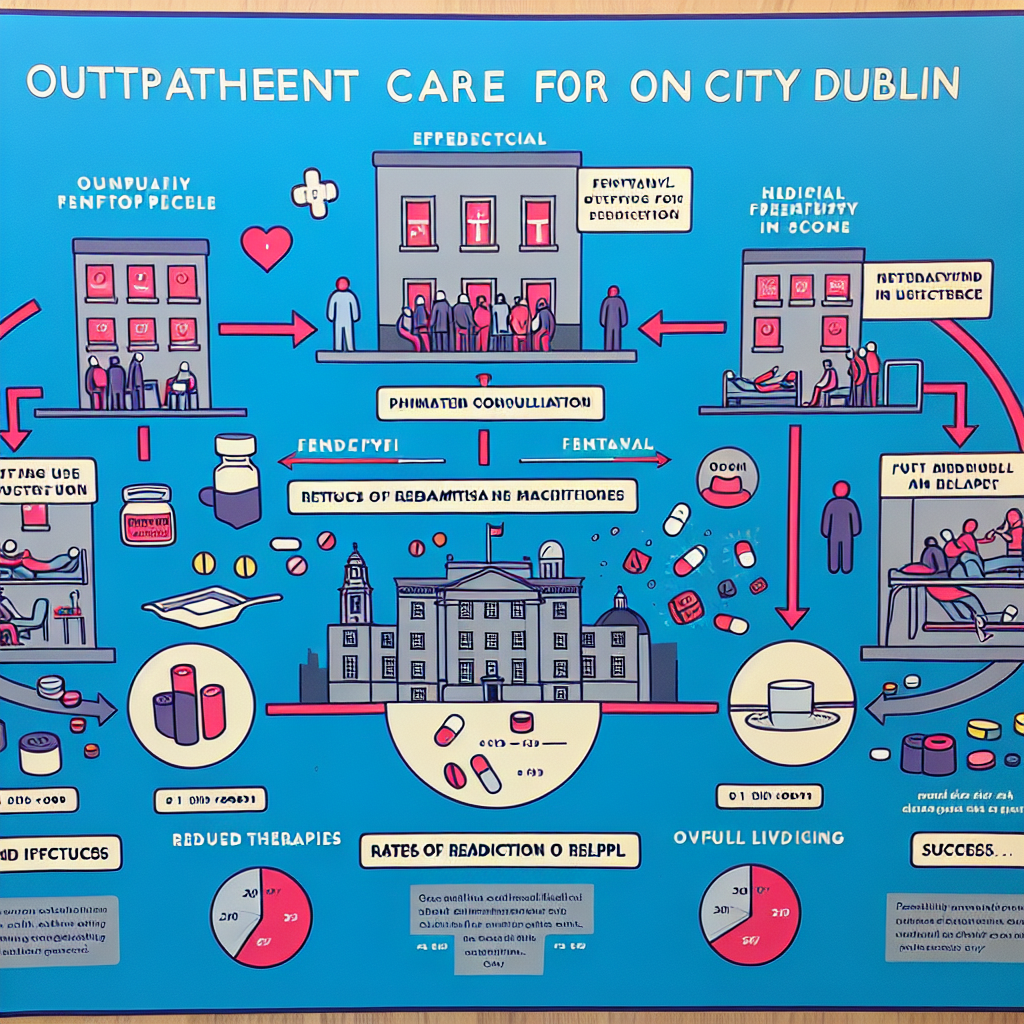-
Table of Contents

“Embrace Hope: Your Journey to Overcoming Fentanyl Addiction Begins Here”
Introduction
The First Steps to Recovering from Fentanyl Addiction
Fentanyl addiction is a severe and life-threatening condition that requires immediate and comprehensive intervention. The first steps to recovering from fentanyl addiction involve recognizing the problem, seeking professional help, and establishing a support system. Acknowledging the addiction is crucial, as denial can hinder the recovery process. Professional help, including medical detoxification and therapy, is essential to manage withdrawal symptoms and address the psychological aspects of addiction. Building a strong support network of family, friends, and support groups can provide the encouragement and accountability needed to maintain sobriety. These initial steps lay the foundation for a long-term recovery journey, emphasizing the importance of commitment, resilience, and ongoing support.
Understanding the Importance of Medical Detox in Fentanyl Addiction Recovery
Recovering from fentanyl addiction is a journey that requires immense courage, determination, and the right support system. One of the most critical steps in this journey is medical detoxification, a process that helps individuals safely manage withdrawal symptoms and begin the path to recovery. Understanding the importance of medical detox in fentanyl addiction recovery can provide the necessary insight and motivation to take that first, crucial step.
Fentanyl, a powerful synthetic opioid, is significantly more potent than morphine and heroin. Its high potency makes it particularly dangerous and highly addictive. When someone becomes dependent on fentanyl, their body adapts to the presence of the drug, leading to severe withdrawal symptoms when they try to quit. These symptoms can include intense cravings, anxiety, nausea, vomiting, muscle pain, and even life-threatening complications. This is where medical detox comes into play.
Medical detoxification is a supervised process that helps individuals safely withdraw from fentanyl under the care of healthcare professionals. The primary goal of medical detox is to manage withdrawal symptoms and ensure the safety and comfort of the individual. This process typically takes place in a specialized facility where medical staff can provide round-the-clock care and support. By doing so, they can address any complications that may arise and adjust treatment plans as needed.
One of the key benefits of medical detox is the use of medications to alleviate withdrawal symptoms. Medications such as methadone, buprenorphine, and naltrexone can help reduce cravings and ease the physical discomfort associated with withdrawal. These medications work by binding to the same receptors in the brain that fentanyl targets, thereby reducing the intensity of withdrawal symptoms and making the detox process more manageable. Additionally, medical professionals can provide other supportive medications to address specific symptoms like anxiety, insomnia, or gastrointestinal issues.
Beyond the physical aspects, medical detox also offers psychological and emotional support. The process of withdrawing from fentanyl can be incredibly challenging, both physically and mentally. Having access to counselors, therapists, and support groups during detox can provide individuals with the emotional strength and encouragement they need to persevere. These professionals can help individuals understand the underlying causes of their addiction, develop coping strategies, and build a foundation for long-term recovery.
Moreover, medical detox serves as a bridge to further treatment. Detoxification alone is not a cure for addiction; it is merely the first step in a comprehensive treatment plan. Once the detox process is complete, individuals are often encouraged to continue their recovery journey through inpatient or outpatient rehabilitation programs. These programs offer a range of therapies, including cognitive-behavioral therapy, group therapy, and holistic approaches, to address the root causes of addiction and promote lasting recovery.
In conclusion, medical detox is an essential component of fentanyl addiction recovery. It provides a safe and supportive environment for individuals to manage withdrawal symptoms and begin their journey toward sobriety. By understanding the importance of medical detox, individuals can feel more empowered to take that first step and seek the help they need. With the right support and treatment, recovery from fentanyl addiction is not only possible but also within reach. The path may be challenging, but with determination and the right resources, a healthier, drug-free life awaits.
Building a Support Network: Key Relationships in Early Fentanyl Addiction Recovery
Recovering from fentanyl addiction is a challenging journey, but building a strong support network can make a significant difference in the early stages of recovery. The importance of surrounding oneself with supportive individuals cannot be overstated, as these relationships provide the emotional and practical assistance necessary to navigate the complexities of addiction recovery. To begin with, family members often play a crucial role in the initial phase of recovery. Their unconditional love and understanding can offer a sense of stability and reassurance. However, it is essential to communicate openly with them about your needs and boundaries, as this fosters a healthier and more supportive environment.
In addition to family, friends who genuinely care about your well-being can be invaluable. These friends should be those who encourage positive behaviors and support your decision to stay clean. It is important to distance yourself from individuals who may trigger a relapse or who are involved in substance abuse themselves. By surrounding yourself with friends who uplift and motivate you, you create a positive social circle that reinforces your commitment to recovery.
Moreover, professional support is a cornerstone of early fentanyl addiction recovery. Engaging with healthcare providers, such as doctors and therapists, ensures that you receive the medical and psychological care necessary to address both the physical and mental aspects of addiction. Therapists, in particular, can help you develop coping strategies and work through underlying issues that may have contributed to your addiction. Regular appointments and honest communication with these professionals can significantly enhance your recovery process.
Furthermore, support groups offer a unique and powerful form of assistance. Groups such as Narcotics Anonymous (NA) provide a safe space where individuals in recovery can share their experiences, challenges, and successes. The sense of community and understanding found in these groups can be incredibly comforting, as members realize they are not alone in their struggles. The shared wisdom and encouragement from peers who have faced similar battles can inspire hope and resilience.
In addition to these key relationships, it is also beneficial to seek out mentors or sponsors who have successfully navigated their own recovery journeys. These individuals can offer guidance, share their experiences, and provide practical advice on maintaining sobriety. Their firsthand knowledge and empathy can be particularly motivating, as they serve as living proof that recovery is possible.
As you build your support network, it is important to remember that recovery is a personal journey, and what works for one person may not work for another. Therefore, it is crucial to remain open to different forms of support and to be patient with yourself as you find what best suits your needs. Additionally, self-care practices such as mindfulness, exercise, and healthy eating can complement the support you receive from others, further strengthening your recovery efforts.
In conclusion, the first steps to recovering from fentanyl addiction involve building a robust support network composed of family, friends, healthcare professionals, support groups, and mentors. These relationships provide the foundation upon which you can rebuild your life, offering the encouragement, understanding, and practical assistance needed to overcome addiction. By actively seeking out and nurturing these connections, you empower yourself to face the challenges of recovery with greater confidence and hope. Remember, recovery is a journey, and with the right support, you can take each step forward with renewed strength and determination.
Q&A
1. **What is the first step in recovering from fentanyl addiction?**
– The first step is acknowledging the addiction and seeking professional help, which often involves consulting with a healthcare provider or addiction specialist.
2. **What role does medical detoxification play in fentanyl addiction recovery?**
– Medical detoxification helps manage withdrawal symptoms under medical supervision, ensuring the process is as safe and comfortable as possible, and is often the initial phase of a comprehensive treatment plan.
Conclusion
The first steps to recovering from fentanyl addiction involve acknowledging the problem, seeking professional medical help, and creating a support system. Medical detoxification under supervision is crucial to manage withdrawal symptoms safely. Engaging in therapy, such as cognitive-behavioral therapy (CBT), and participating in support groups can provide emotional and psychological support. Developing a comprehensive treatment plan that includes lifestyle changes, ongoing counseling, and possibly medication-assisted treatment (MAT) is essential for long-term recovery. Commitment to these steps can significantly increase the chances of overcoming fentanyl addiction and achieving a healthier, drug-free life.



